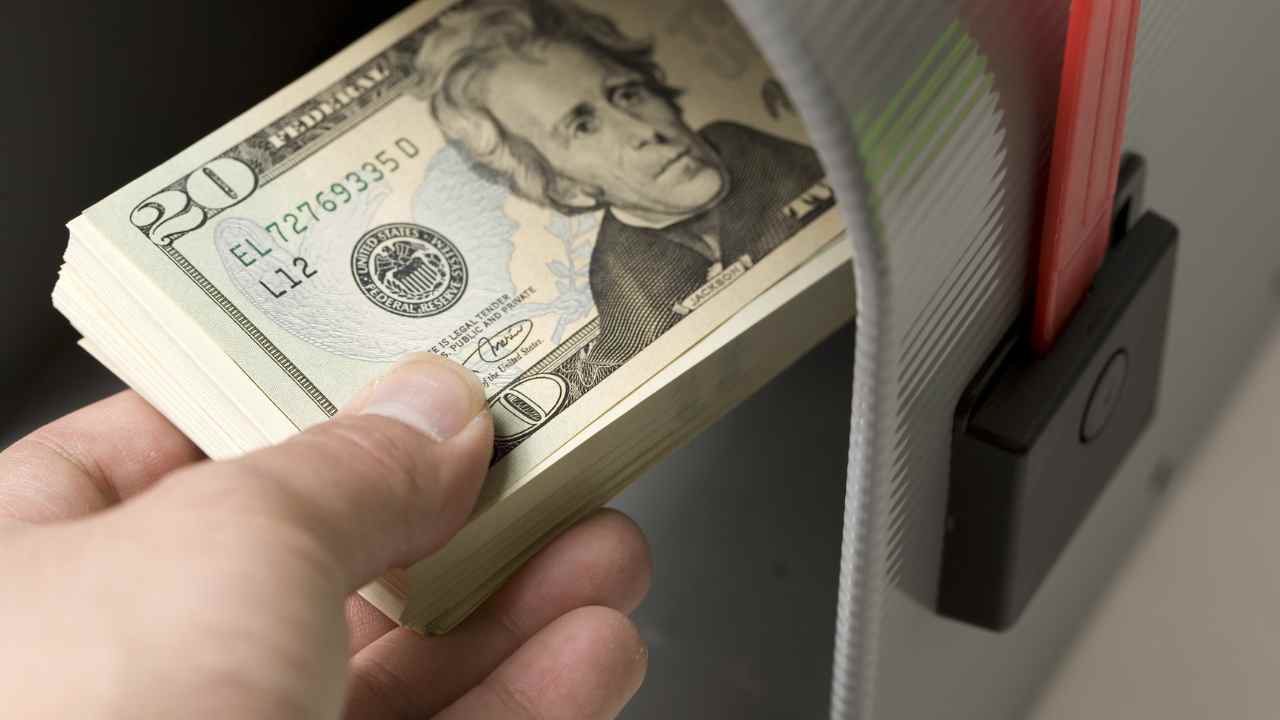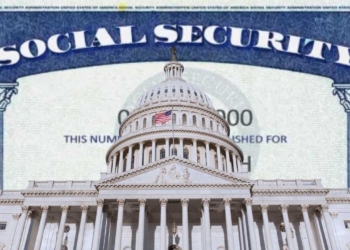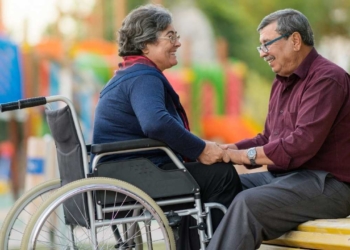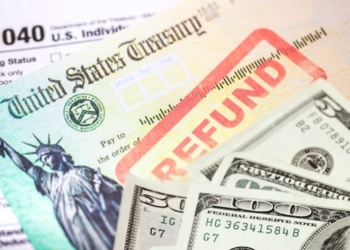In October 2025, the State of Colorado is helping residents claim money they might have missed out on. The Colorado Department of Revenue began mailing notices to at least 20,000 taxpayers. They told them they might be owed unclaimed tax refunds of at least 8 million dollars. This is not a sweepstake or a short term promotion. Instead, it is a long term effort to fix past problems with taxes.
It mainly focuses on tax credits for children and low income families. The Colorado Tax Refund Program In the case of Colorado, the effort is based on state legislation passed in 2024. Specifically, it is based on House Bill 24 1288 HB24 1288.
This law is called “Concerning means of increasing the number of claims for certain
Income tax credits that support children, and, in connection therewith, making an appropriation”. The law was passed during the 2024 regular session.
20,000 tax refunds checks unclaimed in Colorado
It allows the Colorado’s DOR to share data with other state agencies. They can then find eligible taxpayers who did not claim credits like the Earned Income Tax Credit (EITC) or the Colorado Child Tax Credit (COCTC). The goal is to get the most out of these credits.
They are meant to make it easier for working families to pay their bills. Under HB24 1288, the state can compare information it has with the data from other programs.
Cross-checked data to send tax refunds
These include the Children’s Health Insurance Plus (CHP+) and the Supplemental Nutrition Assistance Program (SNAP benefits). This way, they can see if there are any mistakes in the tax returns. In short, instead of waiting for taxpayers to find errors, the government does it for them.
They already have all the information and check it with other organizations and agencies. The Earned Income Tax Credit is one of the most important parts of this effort. At the federal level, the EITC is a tax benefit that helps low to moderate income workers.
Matched EITC tax credit in Colorado
It lowers their taxes or gives them money back. In Colorado, the state offers a state matched version of the credit. It is a percentage of the federal credit. For tax year 2024, this match is 50%.
In other words, if a taxpayer qualifies for $1,000 in federal EITC, they could get an extra $500 from the state. But, by 2025, it will be lowered to a minimum of 35%.
In that case, it will depend on how much money the state gets and how much it expects to spend. The CO Child Tax Credit provides up to $1,200 per child who qualifies but has to file a state return even if they do not owe any taxes.
Many residents do not claim these benefits because they do not know about them or because they made mistakes on paperwork. Changes in the family situation, such as the birth of a child or a change in income can also be a reason.
Who can get these refunds in Colorado?
The refunds are focused on people who have children. They also include people who were part of state support programs but did not file their taxes properly. For example, a family received CHP benefits in the past but forgot to list their children on their tax returns.
The CDOR estimates the average refund could be about $400. However, this varies depending on the number of children, income, and credits that apply. The department has not said if there is an income level that makes someone ineligible. But, the federal EITC usually applies to households earning less than $63,398 a year for families with three or more children in 2024.
When to expect the notification?
Taxpayers will get a letter in the mail from the CDOR. It will have a special code. They can use this code to access the Revenue Online platform tax.colorado.gov.
There, they will find a pre-filled amended tax return. It already has their information from the state. The user just has to review the data, make sure everything is right, and click submit. They can do it electronically. The department says this takes as little as 10 minutes.
Check or deposit, it’s your choice
Once submitted, the process will take a few weeks. After that, the refund will be sent to the taxpayer. They can get it by check or direct deposit. It will include any prior credits and any unclaimed withholdings.
If there are mistakes, the system will give the option to fix them online. The resident will not need to make an appointment or go to the department. Notices will be sent to people until June 30, 2026. They have plenty of time to respond.







